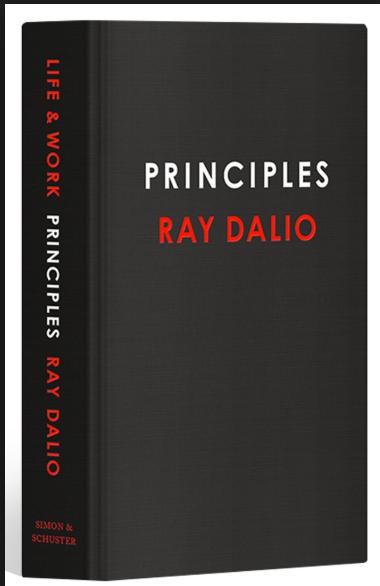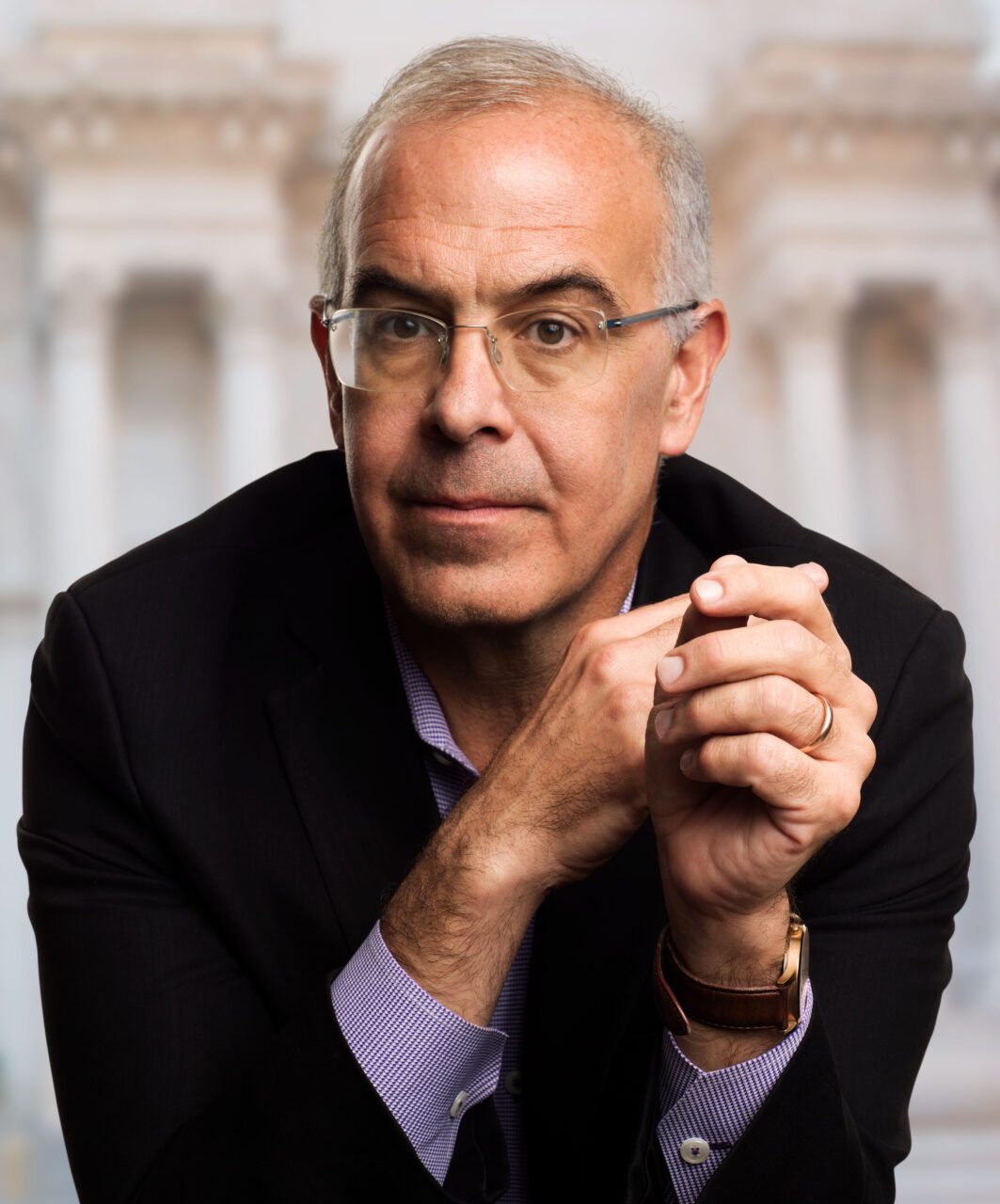4 minute read
Portsmouth
As Entrepreneur Owner-Managers (EOMs), our decline almost always begins during the most successful period of our business lives. Often, it is a time when accomplishments become increasingly interrupted by preoccupation with the ultimate reality of transition, the final test of leadership. Must we be reminded that sound succession decisions are best made when things are going well, the poorest when they are not?
Some of us EOMs are poor students of history. Uncertainty is upon us in historically dramatic form. What may have been sufficient or exciting when the EOM founded or entered the business twenty-five short years ago has morphed into a landscape of constant change, at a pace and magnitude never before experienced. External environment changes loom everywhere, threatening as well as supporting. No CEO can fully avoid preoccupation with this new world confronting her business and most especially… her leadership.
The management “family” that shared our passion and mission resulted in a high performing operating culture which produced outstanding results. The business grew and grew. With good luck coupled with hard work and talent, Enterprise Value increased dramatically—far beyond what the Owner-Manager ever imagined. But too often a time of peak performance and gratitude for the business “family” leads to a wish for security that actually accelerates the CEO's decline.
And then… personality change: curt, preoccupied, risk avoiding…some might describe depressed. The “boss” seems more and more distracted in meetings and on the phone. He seeks soothing for his fears, first outside the company: his Forum group, a “personal coach.” Customers often sense temperament change from afar. Internally, our self-concern can become toxic. We may attempt to give more responsibility for critical decisions to “the team.” But what is the impact to the team when they recognize symptoms of an Owner-CEO who has stayed too long?
Some of us EOMs are poor students of probability theory. Performance naturally regresses to the mean. Our rational brain urgently whispers, "transition out; you are holding the organization back." But that ancient limbic portion of our brain’s appetite for control and influence goes on forever.
Sometimes, the natural progression of the Firm to thrive independently beyond the legacy CEO is constricted by an aging leader bent on shielding the Firm from what he sees are potential disappointments and pain. The organization never grows and matures, and so the aging leader is never lonely. It’s an unhealthy conspiracy forged slowly as the behavior on both sides unfolds by thousands of little actions, with metaphorical knowing winks and nods. The aging leader plays the martyr, doomed to spend the rest of his life supporting the Firm (because don’t you understand there is no one else who can do it), and his legend of self-sacrifice is told and re-told by supporting friends and colleagues. He broods in his office imagining himself unselfish, oppressed.
Everyone asks “why?” They could know and act, but commonly don’t have the courage to.
This is our chance. Are we skilled enough at knowing ourselves to overcome our ancient limbic brain? Do we dare acknowledge the consequences of good luck visited on our skill, and initiate needed management and ownership transition with the same energy that launched an outstanding business twenty-five short years ago?
What I am Reading / Listening to
Principles (2017)
By Ray Dalio
Contributed by Stephen McGee
There aren’t many books that I read that make me say “whoa” and that I want to immediately read again. But that was the case when I recently read Principles. Written by Ray Dalio, the founder and CEO of Bridgewater Associates, the largest hedge fund in the world and, according to Fortune, the fifth most important private company in the United States, the book is part auto-biography, part self-help manual and part management book–and it is literally in three parts.
The auto-biography can be skipped for those who want to jump in to the principles themselves, but I actually found that it gave interesting and relevant context. The remainder of the book is split in to Life Principles and Work Principles. Needless to say the Life Principles tend to be loftier while the Work Principles tend to be more granular, and there is a lot of repetition of themes. Two cornerstone themes that underpin the whole book are “radical truth” and “radical transparency.”
Dalio comes from a very ordinary background growing up in the Jackson Heights neighborhood of New York City's Queens borough, so you will struggle to find any silver spoons or entitlement here. His principles, at the end of the day, are very straight forward and you might say logical. At times it’s hard to separate his life principles from his work principles, after all he started Bridgewater when he was 26 years old. Dalio’s 40+ years of scar tissue are laid out for the reader in a way that it is easy to follow and the fact that this book is based on his experiences and not theories makes it even more compelling.
As I read Principles it very much reminded me of Strategy and the Fat Smoker by David Meister – not in terms of the content per se, but that anyone engaged in a professional services business should consider both of these books a “must read.” While Meister perhaps provides the bread crumbs on how to approach the client, Dalio provides the clues to building a truly great organization, as he describes Bridgewater as “an idea meritocracy that strives to achieve meaningful work and meaningful relationships through radical transparency.”
Entrepreneur Owner-Manager Quote
“When people worry about your mental diet, they tend to fret about the junk you’re pouring into your brain—the trashy videos, the cheap horror movies, the degrading reality TV, and ... I’m not so worried about the dangers of mental junk food. That’s because I’ve found that many of the true intellectuals I’ve met take pleasure in mental junk food too. Having a taste for trashy rom-coms hasn’t rotted their brain or made them incapable of writing great history or doing deep physics. No, my worry is that, you won’t put enough really excellent stuff into your brain. I’m talking about what you might call the “theory of maximum taste.” This theory is based on the idea that exposure to genius has the power to expand your consciousness. If you spend a lot of time with genius, your mind will end up bigger and broader than if you spend your time only with run-of-the-mill stuff. The theory of maximum taste says that each person’s mind is defined by its upper limit—the best that it habitually consumes and is capable of consuming.”
— David Brooks (lightly edited for clarity)
David Brooks is a writer and a columnist at the New York Times. He is the author of Bobos in Paradise: The New Upper Class and How They Got There (2000) and The Social Animal: The Hidden Sources of Love, Character, and Achievement (2011). His latest book is How to Know a Person: The Art of Seeing Others Deeply and Being Deeply Seen (2023).
© 2024 Bigelow LLC. All rights reserved.



